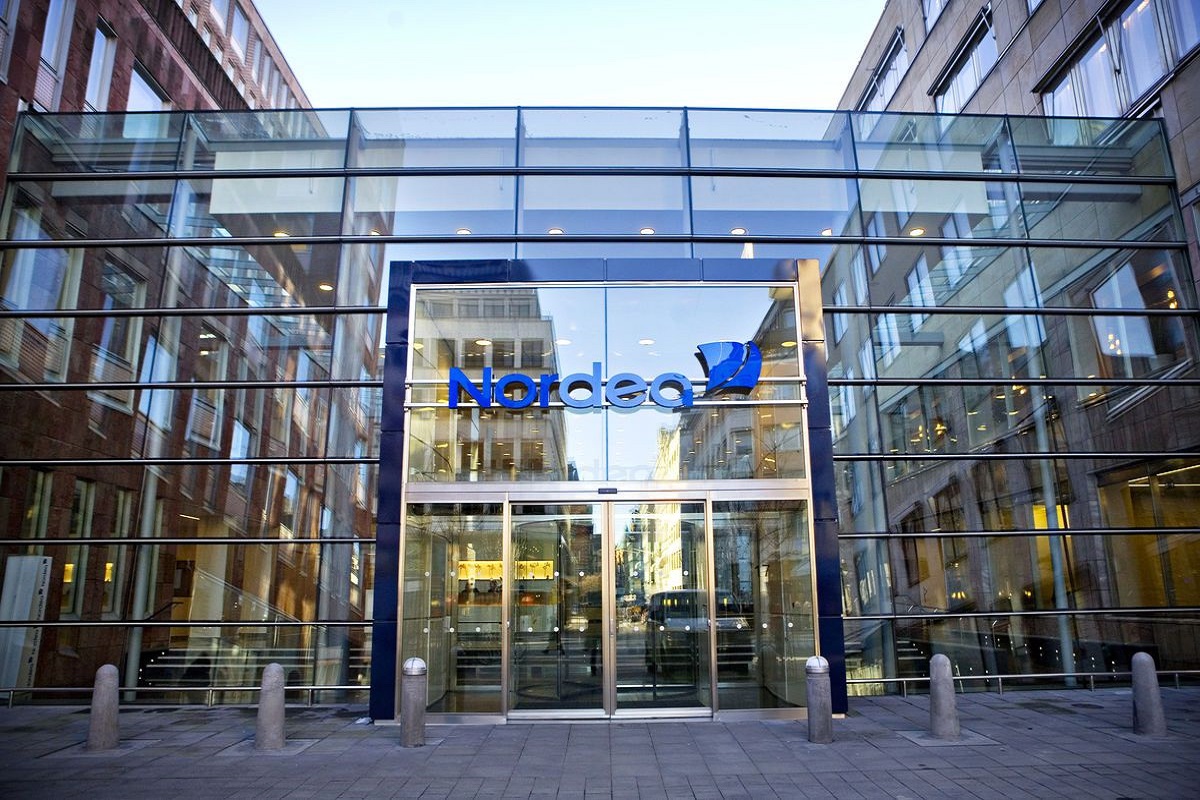
Nordea takes a caning over delivery of EUR500 notes to foreign exchange bureaux
On Thursday 24 May Operation X, a programme broadcast by the Danish television channel TV2, will put the spotlight on Nordea’s role in delivering foreign exchange to foreign exchange bureaux.
The Danish FSA investigated the case in June 2015, and since August 2017 Nordea has been part of an investigation by the Danish State Prosecutor for Serious Economic and International Crime. Of course, Nordea cooperates fully with the authorities in this matter.
Julie Galbo, chief risk officer at Nordea, has previously commented:
– We’re sorry that we did not react sufficiently strongly sooner. We acknowledge that we made a mistake, which we regret. But it’s important for me to emphasise that Nordea has made great strides since then when it comes to combating money laundering.
Nordea stopped deIivering 500 euro notes in March 2015, and in April 2016 foreign exchange deliveries to foreign exchange bureaux were suspended altogether.
Nordea would like to underline what we’re cooperating closely with the authorities and that we informed the Danish FSA about our foreign exchange deliveries as early as in 2012. In addition, we have regularly reported suspicions of criminal offences committed by customers to the Money Laundering Secretariat with the Danish State Prosecutor for Serious Economic and International Crime.
Our business with foreign exchange bureaux was based on the FSA’s list of legitimate companies with a licence to carry out foreign exchange and money transfer activities. Moreover, the foreign exchange bureaux were supervised by the Danish authorities. The television programme calls the foreign exchange bureaux from the three lawsuits for “criminal foreign exchange bureaux”. This case is about incidents in the period from 2011 to 2015. None of the foreign exchange bureaux were convicted until 2016.
How we combat money laundering
In recent years Nordea has invested massively in combating money laundering and other financial crime. We have 1,500 full-time employees dedicated to this task – for example scrutinizing unusual activity on customers’ accounts and in their transactions.
The 1,500 employees include experts from all over Europe, investigators and former police officers, who assist us in developing the technology that will help us detect future methods of committing crime.
– Money laundering is a huge challenge – both for us, the banking sector and society as a whole. That is why we’ve invested massively in recent years in both new IT systems and manpower to solve it. We strive to improve every single day, for Nordea will not accept being exploited for money laundering purposes or other financial crime, emphasises Julie Galbo.
In addition, Nordea has 12,000 employees with direct customer contact who all receive regular training in identifying signs of financial crime.





